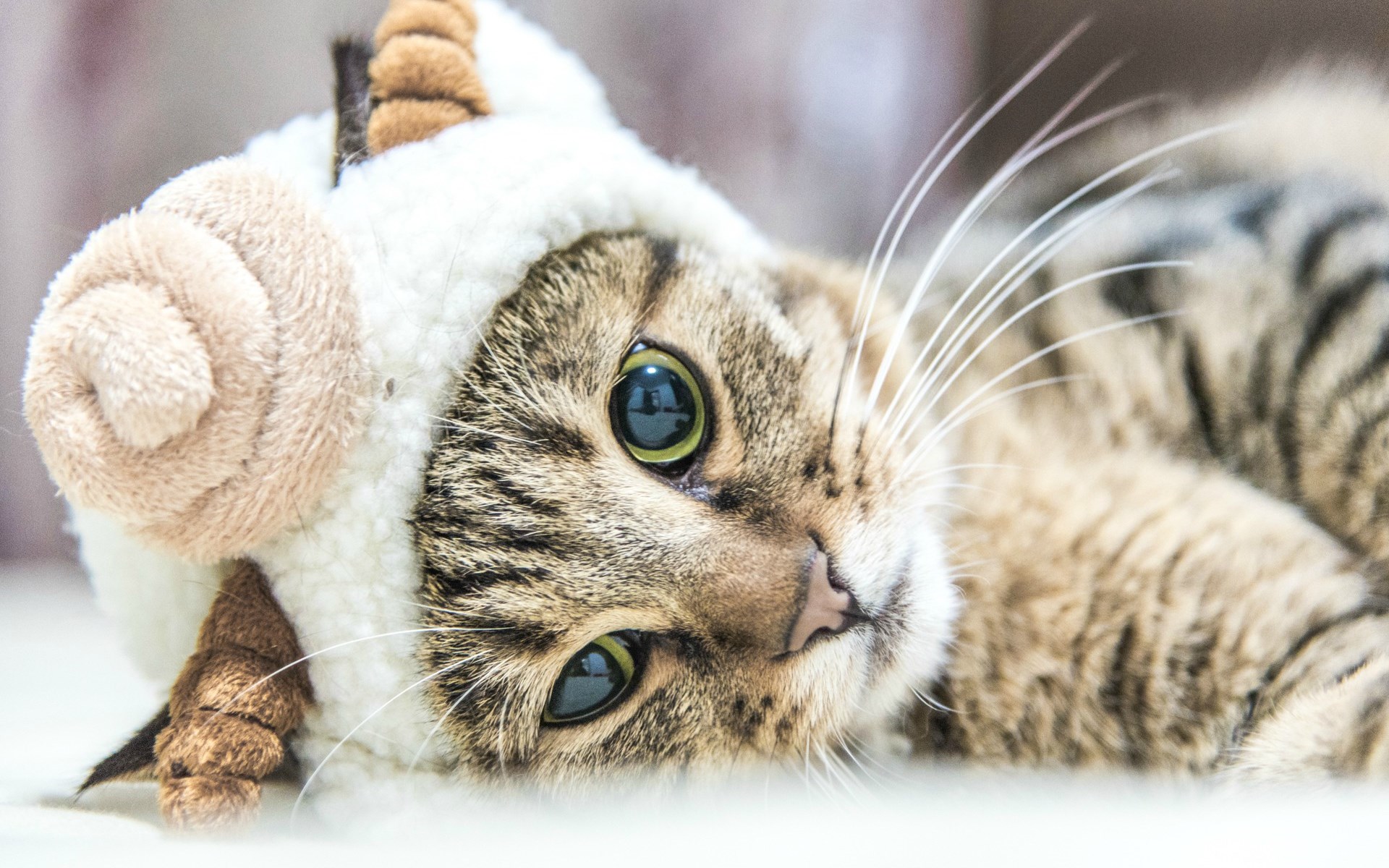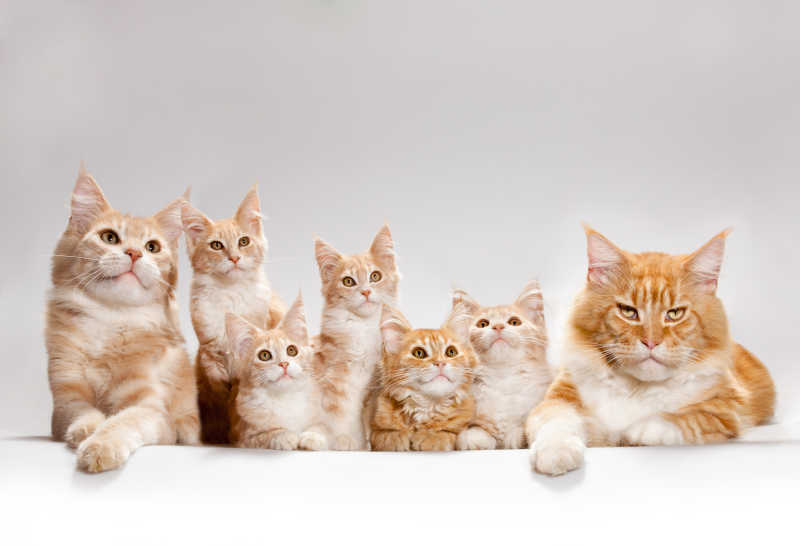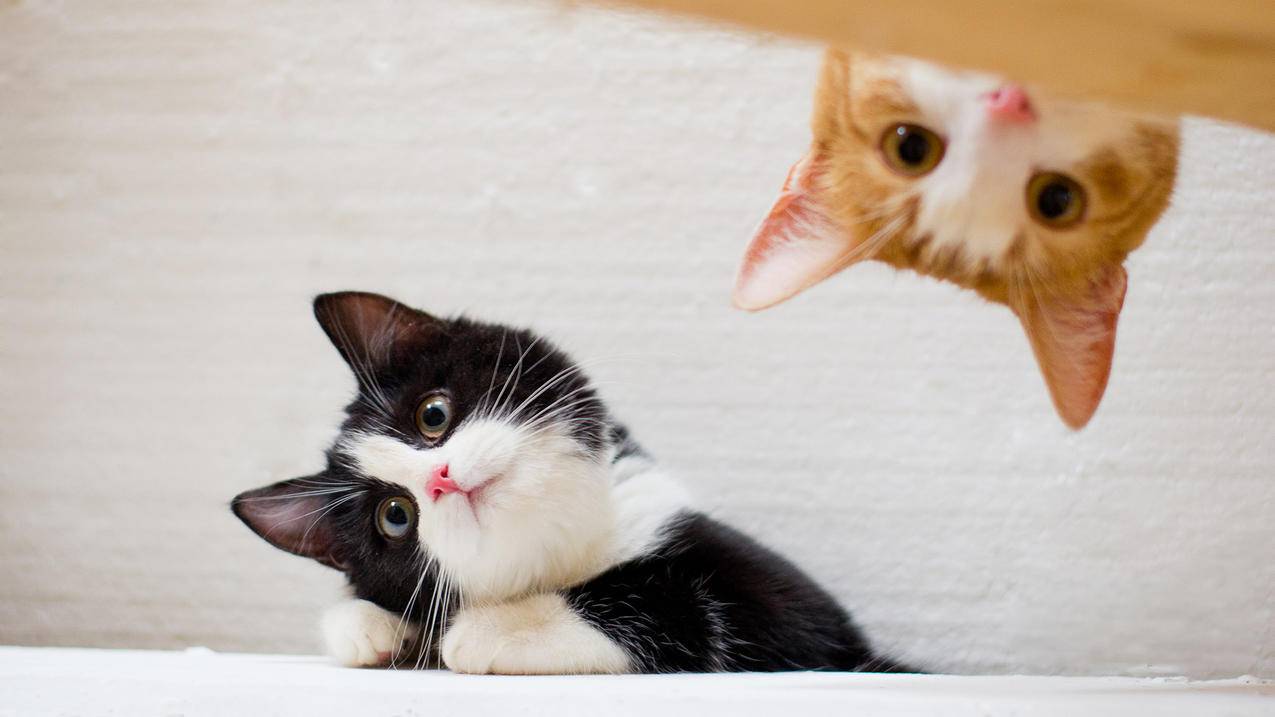More and more people are beginning to like cats and raise cats. Whether you are a senior cat lover or a newbie in the cat world, you should keep pace with the times and learn and advocate scientific cat raising. Healthy food will lead to healthy cats. Healthy food is not only safe and healthy in the food itself, but also about choosing a healthy and appropriate diet for the cat. For example, mango is a healthy food, but for kittens, many cat owners don’t know whether can cats eat mango. The answer is yes, cats can eat mango, but they can only eat a little bit.
In This Article
Are mangoes good for cats?
Yes, eating mangoes has certain benefits for cats. Mango is known as the “King of Tropical Fruits”. It has a sweet taste, juicy and delicious taste, high nutritional value, and contains a variety of vitamins, especially vitamin potassium. The content of vitamin C is also higher than that of oranges and strawberries. Mango contains sugar, protein, calcium, phosphorus, iron and other nutrients. Moderate consumption of mango is good for the body. It can increase resistance, replenish physical strength, supplement the nutrients the cat learns daily, adjust the daily diet, and is good for the cat’s vision. It is good for both , and coat color. It can protect eyesight, make the coat smoother and shiny, and allow our kittens to grow healthily.
How much mango can a cat eat?
Cats should eat less mangoes and not eat too many mangoes, because mangoes contain a lot of sugar and cats’ metabolism is generally weak. If a cat eats too much, it will increase the burden on the cat’s kidneys and prevent normal digestion and metabolism. Moreover, due to Consuming too much sugar can easily lead to overweight cats.
In addition, some cats are allergic to mango. After eating mango, they may develop symptoms such as redness and swelling of the mucous membranes, itching all over the body, and difficulty breathing. Once the feces collectors find any abnormalities, they should stop feeding mango immediately and take the cat to the pet hospital in time.
It should also be noted that cats should not feed mango when they are fasting. Cats eating mango on an empty stomach can easily cause indigestion, so it is best to wait two hours after eating before feeding mango.
What types of mangoes are safe for cats: fresh, dried or canned?
Whether cats can eat mango? The answer has been given. Yes, they can, but which type of mango is better? Fresh mango is definitely the best choice. We all know that fresh mangoes do not contain sugar and preservatives, and are rich in vitamin C. Eating them in moderation is the most beneficial to cats’ health. Not only can they absorb a variety of nutrients from them, they can also supplement the nutrients that cats lack in their daily cat food. It can also enhance your cat’s physical fitness. However, you should be careful to remove the mango core when feeding mangoes to prevent the kitten from accidentally eating it, otherwise it will easily be swallowed whole by the kitten and cause breathing difficulties, physical discomfort and other symptoms. In addition, you can also feed dried mango if fresh dried mango is not available.
As a poop scraper, you should pay attention to the ingredient list before feeding dried mango to your cat. If there are some additives that are harmful to the cat’s health, Just don’t feed it to kittens. If you are really worried, you can consult the doctor at the pet hospital before feeding.
As for canned mango, it is recommended not to feed it to kittens, because in addition to containing a lot of preservatives, additives and other ingredients that are not good for cats’ health, canned mango also contains a lot of sugar, which is too heavy for cats and is not good for cats’ health.
Can mango be mixed into cat food?
When feeding cats, you can mix mango into cat food, but be careful not to add too much mango, because cats’ daily feeding should still be based on cat food. You can add mango appropriately to adjust the taste, and, It is very important to remember that before mixing mango into cat food, we must remember to cut the mango into small pieces for the convenience of cats.
What should you do if your cat shows an allergic reaction to mango?
Food allergies and food intolerances are two common problems cats experience. An inappropriate diet can cause gastrointestinal upset in cats and even cause serious health problems. If the cat has the following reactions while feeding mango to the cat, it should be brought to the attention of the poop manager:
Stomach discomfort, symptoms of diarrhea and vomiting; bulging belly, bloating; skin symptoms, inflammation and itching, and the cat begins to scratch excessively; tiny fluid-filled bumps may appear on the head and neck area Lumps; sudden bald spots somewhere on the cat’s body, caused by excessive hair loss; coughing, wheezing, or sneezing; loud snoring, usually due to a sore throat; localized ear infection ; The eyes are red, swollen and itchy, looking like tears; due to the itching, excessive biting of the paws occurs, resulting in red and swollen paws… When the above phenomenon occurs, stop feeding mango to the cat at this time, and take the cat to a pet in time.
In short, since you have decided to raise a cat, you must be responsible for its daily diet. It is not only a pet, but also a family and friend who accompanies us. We must raise cats scientifically, properly match their meals, and understand the nutritional knowledge cats need. Keep up with the times and keep learning. When feeding fruits such as mango to cats, pay attention to the appropriate amount, do not replace cat food, and always pay attention to whether the cat has any symptoms of discomfort after eating mango. I hope that every kitten can be fed reasonably and scientifically, and that every poop scraper will be responsible for his or her own cat. I hope that all the little animals in the world can be healthy!
